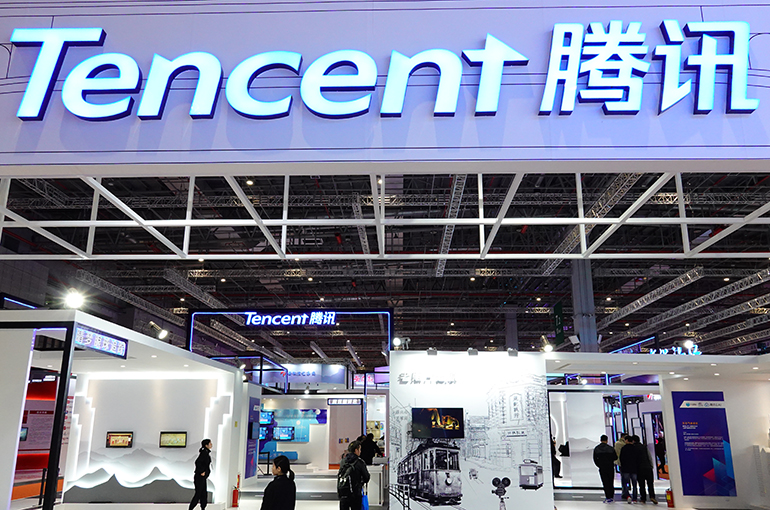Select Language:
Tencent Cloud’s heterogenous computing platform, which incorporates a diverse range of chips to provide worldwide artificial intelligence computing capabilities, has now been fully optimized to support all leading domestic chips, according to a senior executive at the company’s cloud services division.
“Graphics processing unit-based computing resources are becoming ever more diverse, and many local chips are swiftly catching up in performance,” stated Qiu Yuepeng at this year’s Global Digital Ecosystem Summit.
Heterogeneous computing involves combining different types of chips, each assigned to tasks it performs best, to enhance overall computational efficiency.
Recently, advancements in China’s local chip industry have gained momentum. On one hand, stricter export restrictions abroad have pushed Chinese firms to develop domestic alternatives. On the other hand, the progress in local chip technology has been steady, enabling domestic chips to replace foreign-made components. In this context, the recent developments by Tencent Cloud are viewed as a significant milestone.
Market research firm IDC China’s research director, Liu Lihui, mentioned that cloud service providers continue to utilize various chips for computing power. While foreign chips are still in use, these providers are increasingly focusing on developing their own chips or testing compatibility with domestic options. He predicted that Chinese-made GPUs are expected to capture a larger market share this year.
Tencent has made substantial investments to rapidly expand its computing capabilities to support both internal projects and customer needs, explained Li Qiang, a vice president at the company and head of its government and enterprise division.
From late last year through mid-2023, the company invested approximately 83.1 billion yuan (around 11.4 billion USD). Given resource constraints, enhancing operational efficiency remains a top priority, he said.
“To do so, we’ve heavily invested in R&D to improve computational efficiency. GPUs are just one aspect; other areas such as storage and networking are equally important. For instance, our Xingmai Network can accelerate communication efficiency nearly tenfold. When operating at scale—thousands to tens of thousands of chips—these improvements produce significant benefits,” Li explained.
Improving AI infrastructure not only boosts efficiency but also accelerates the deployment of AI agents. By 2028, it’s projected that roughly a third of business software will incorporate AI agents, with the corporate AI market in China potentially exceeding 27 billion USD, added Qiu.






